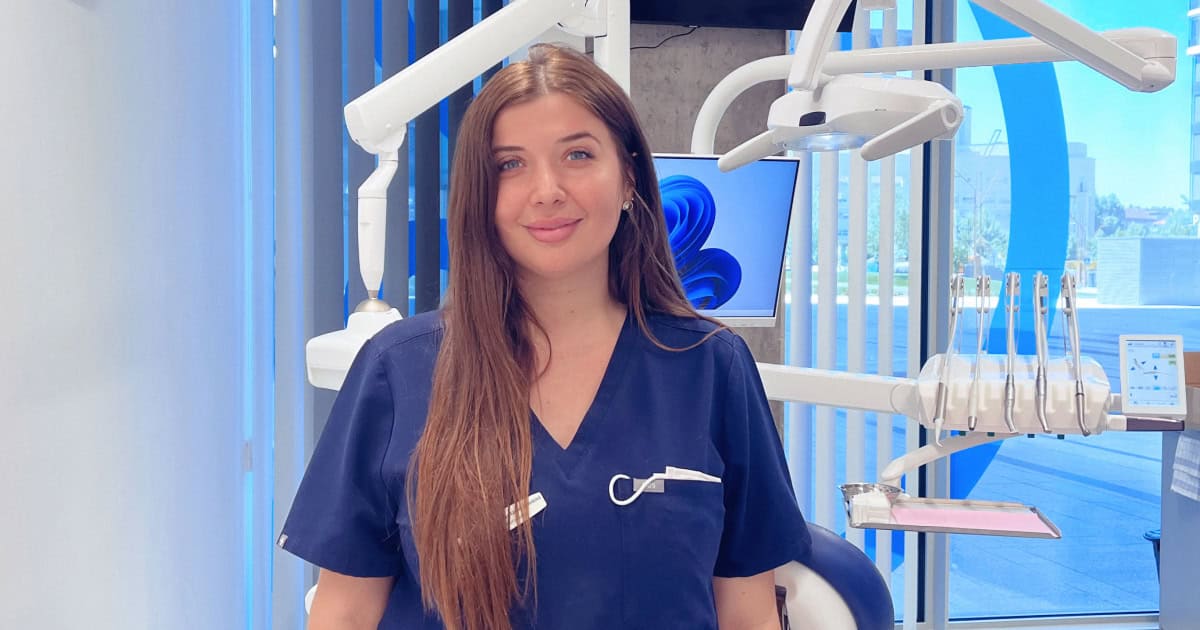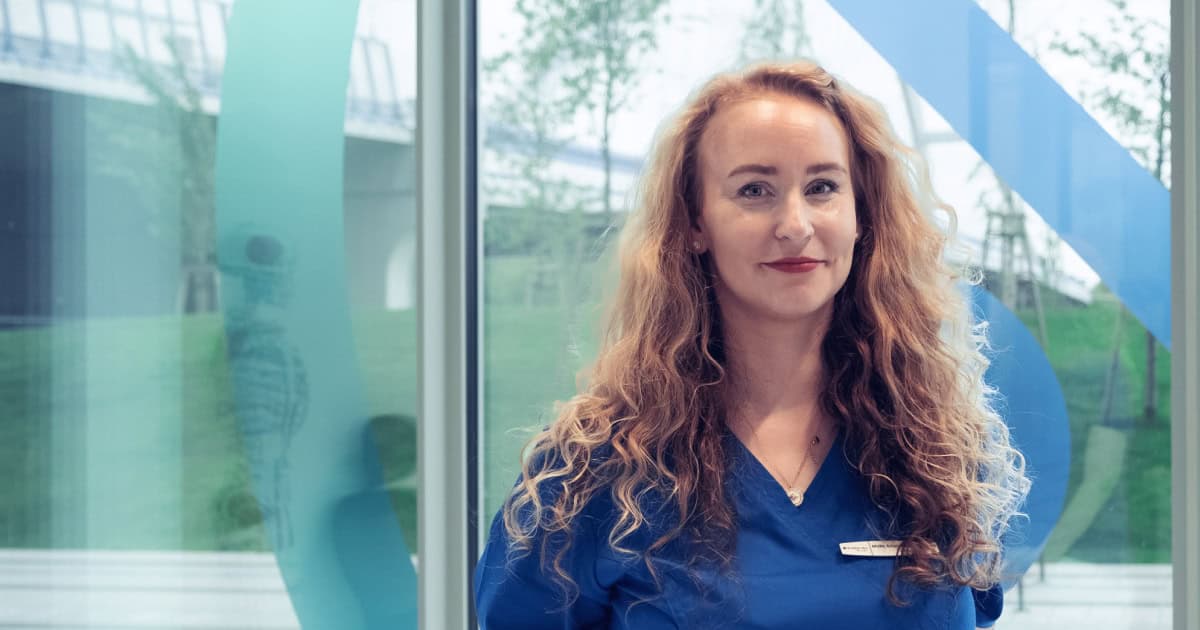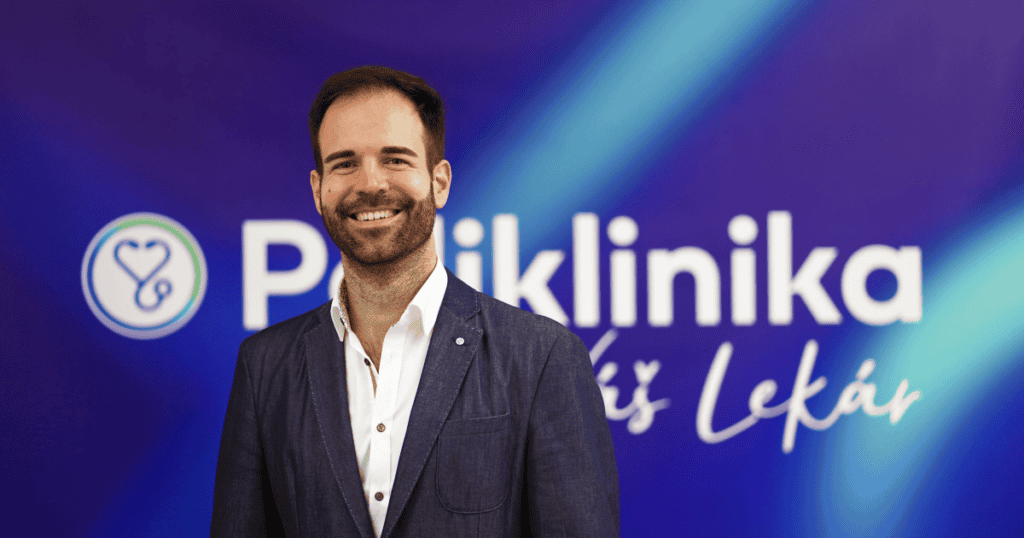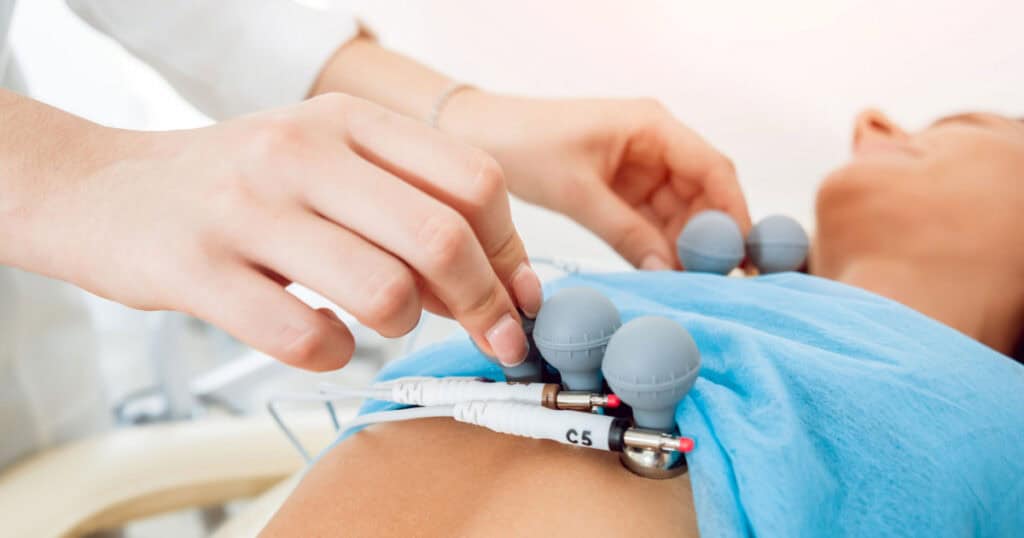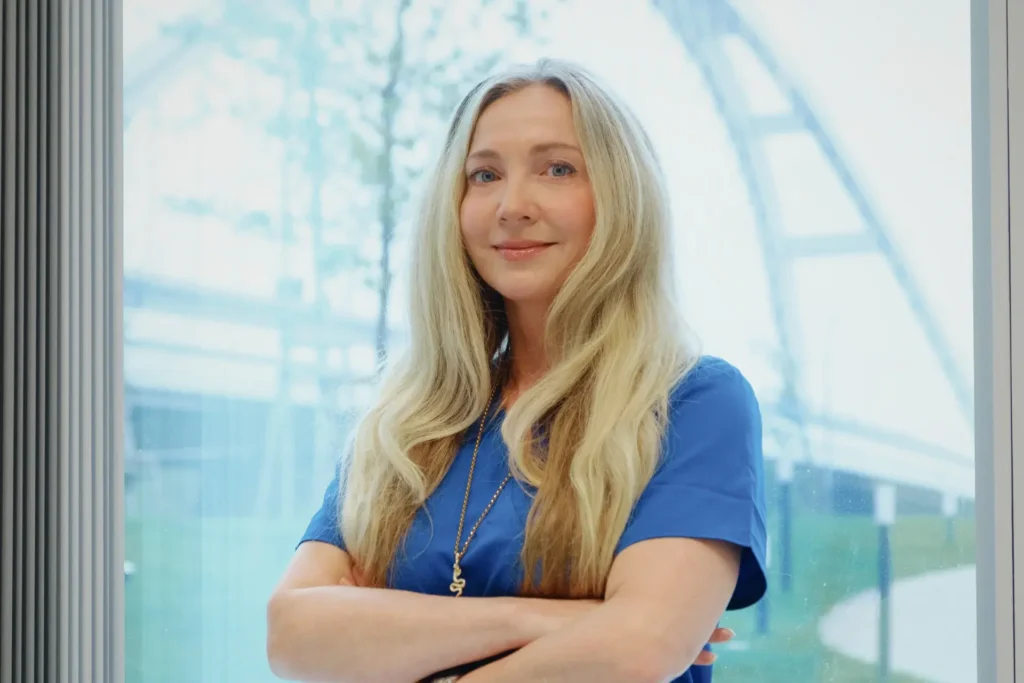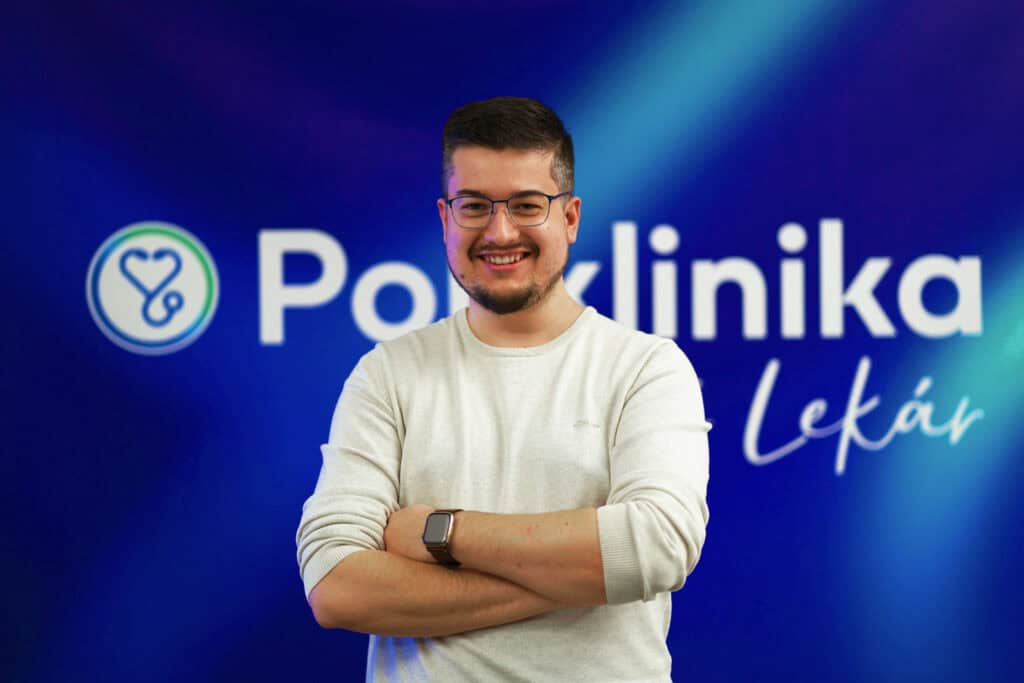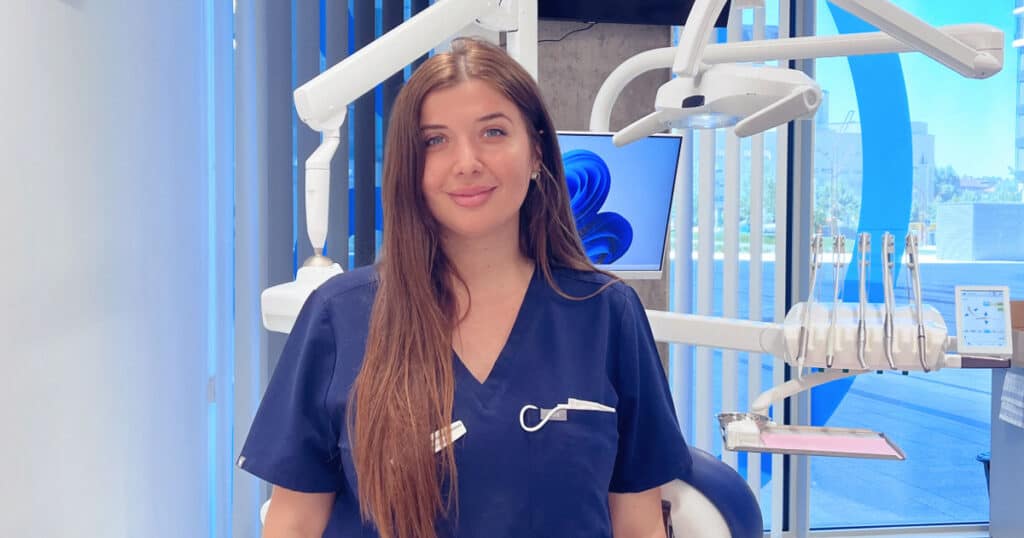After studying at the Faculty of Medicine of Comenius University in Bratislava (where he obtained certification in paediatrics and subsequently in paediatric cardiology), he was employed at the National Institute of Heart and Vascular Diseases in Bratislava (Children’s Cardiac Centre), where he is the deputy head. The issue of arrhythmias in childhood was defended by PhD.
What appealed to him about the Váš Lekár Polyclinic concept was the emphasis on active prevention and the perception of lifestyle modifications as an effective way to promote a long active life. “It is very important to guide children towards a healthy lifestyle from an early age and show them how to take preventive care of their health in adulthood. Health starts in youth. What attitude we set for ourselves in childhood, we will have in adulthood,” thinks Dr. Bjelošević.
The most common reasons for visiting a pediatric cardiologist
In the outpatient clinic, she most often sees children and adolescents who have not had any diagnosed problems up to that point. In their case, these are mostly different types of arrhythmias that began to manifest episodically, especially during physical exertion.

However, a child can see a cardiologist even without previous difficulties as a preventive measure. “The purpose of cardiological examinations in childhood is the early detection of a predisposition to arrhythmia, which could potentially endanger the child in the future. As these are young people who have a lot of physical and mental stress, it is important for them to make sure that they are not at risk from health hazards,” explains MUDr. Byelosevic.
Make an appointment to see a specialist
Another reason for a cardiological examination is to look for diseases of the heart muscle (so-called cardiomyopathies). “Cardiomyopathy is very often discovered in older children and young adults,” points out the paediatric cardiologist.
According to him, it is important to realize that health is not only in the hands of doctors, but mainly in the hands of the patient who is willing to cooperate with doctors. “The initial impetus has to come from the individual client who desires to stay healthy.” concludes the pediatric cardiologist.

